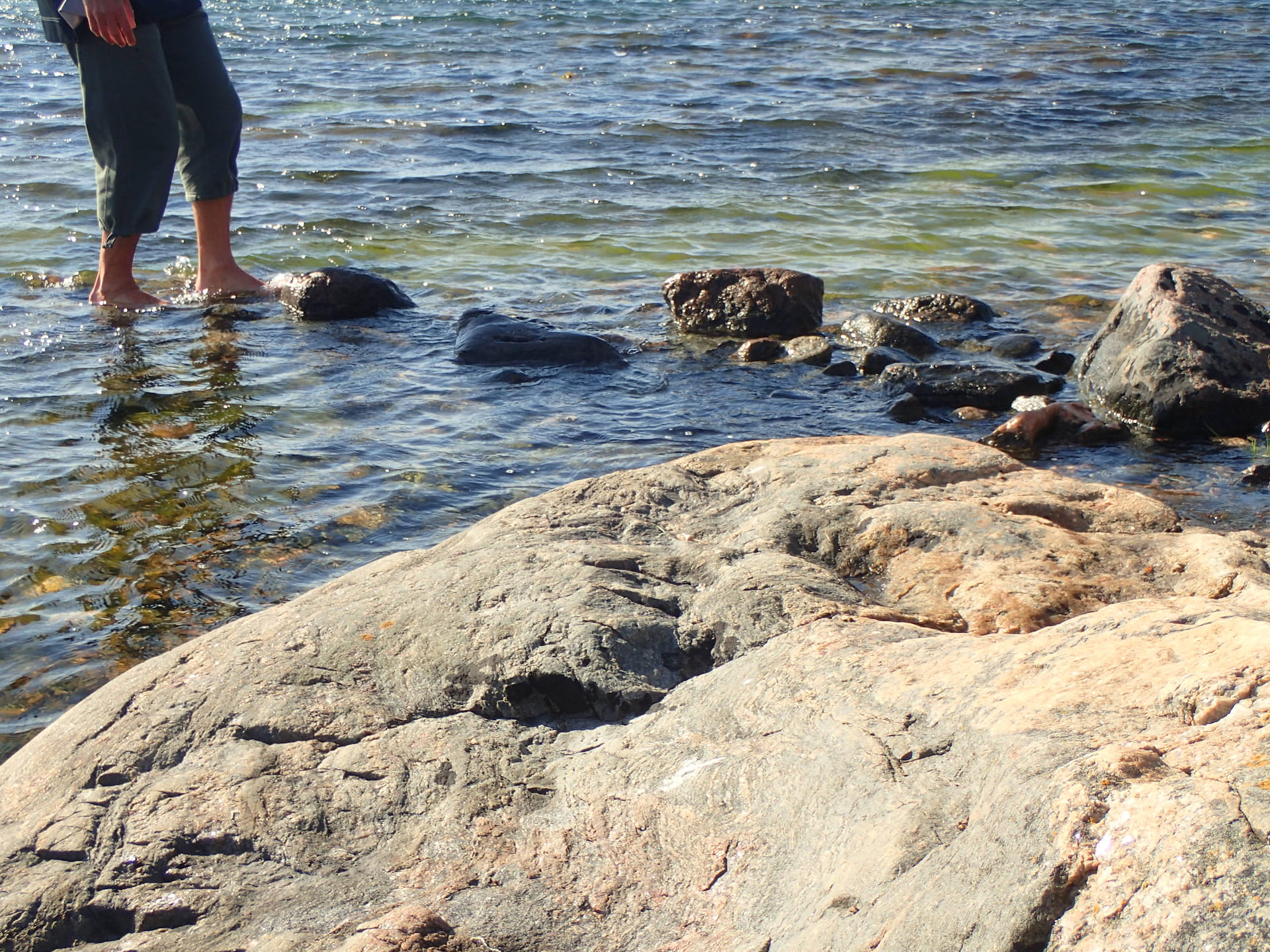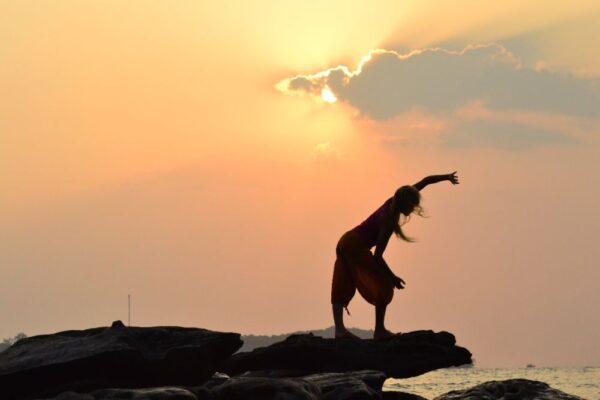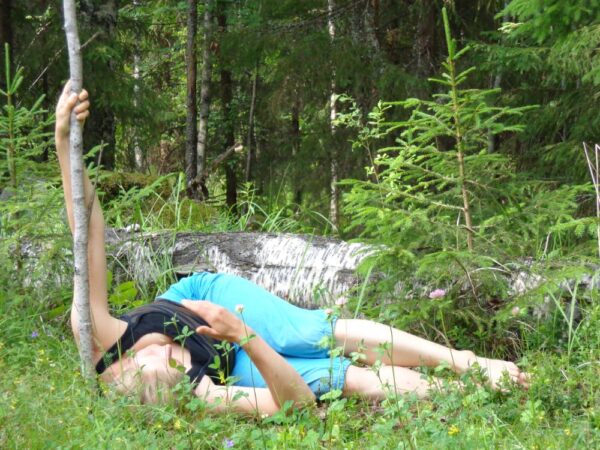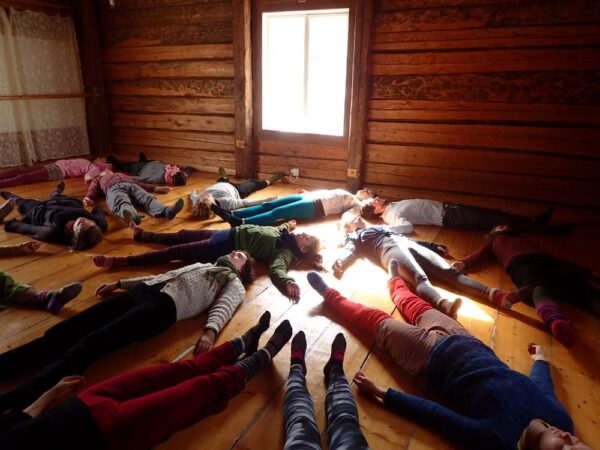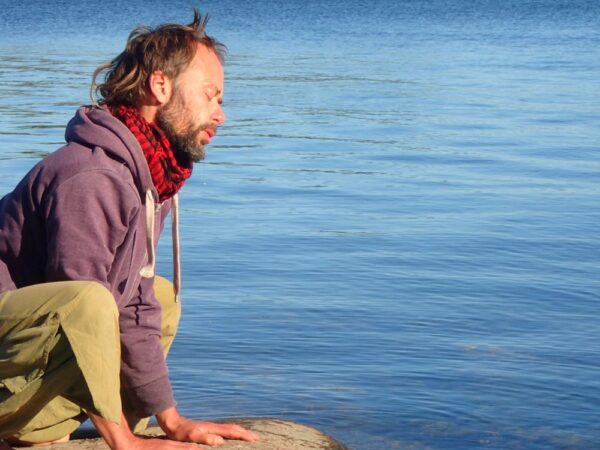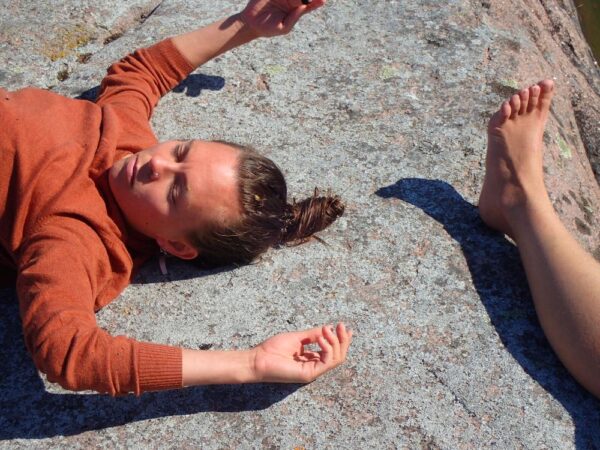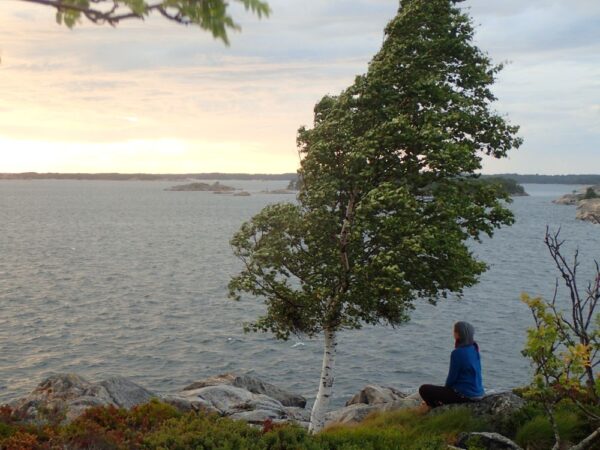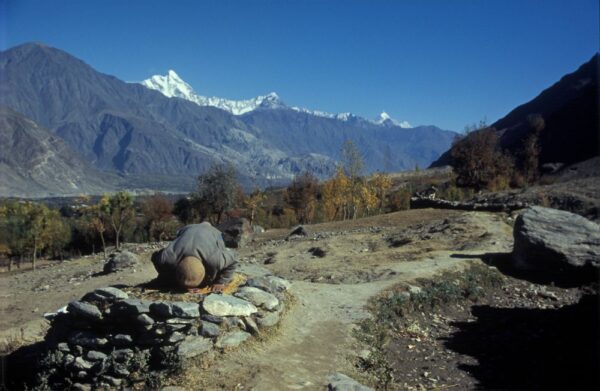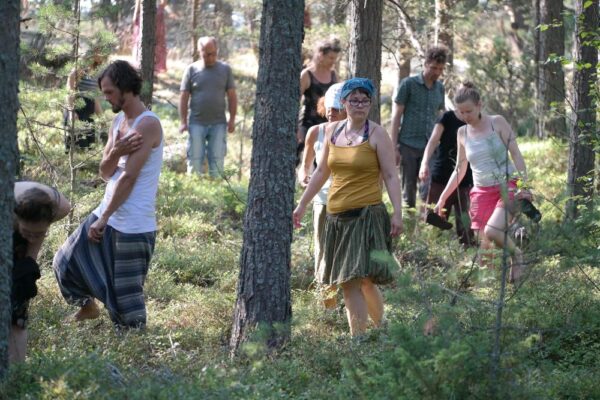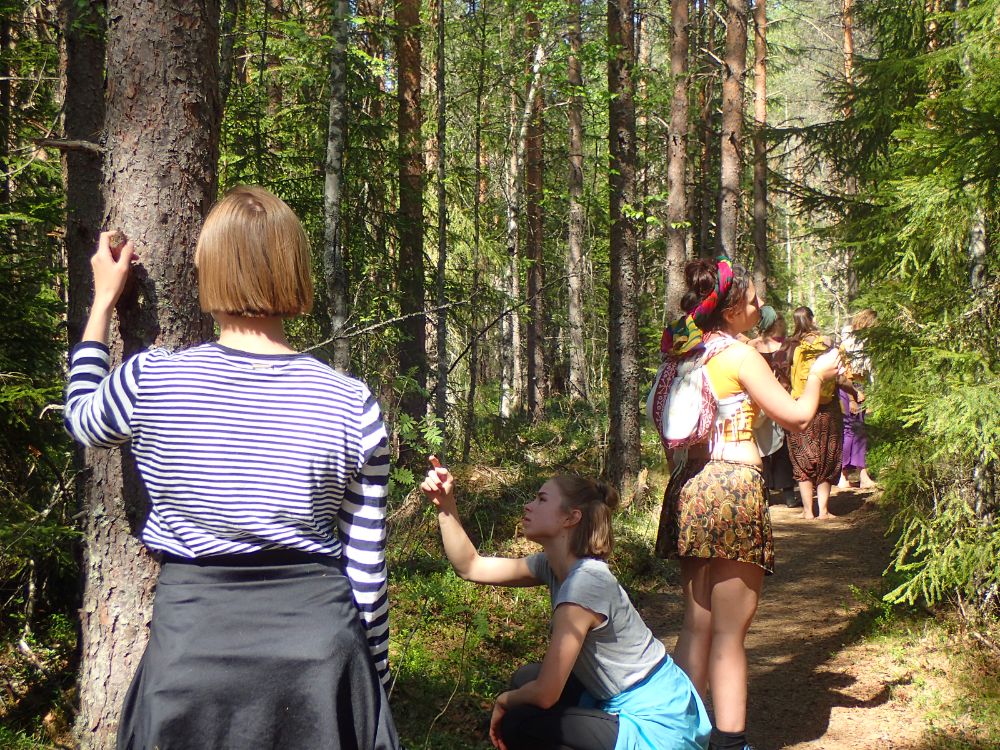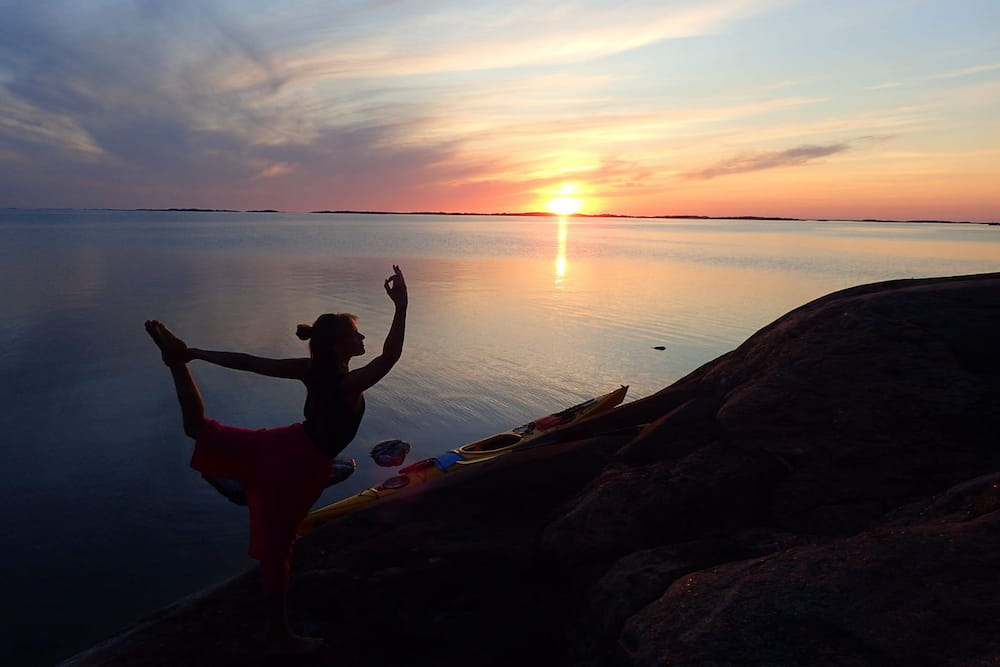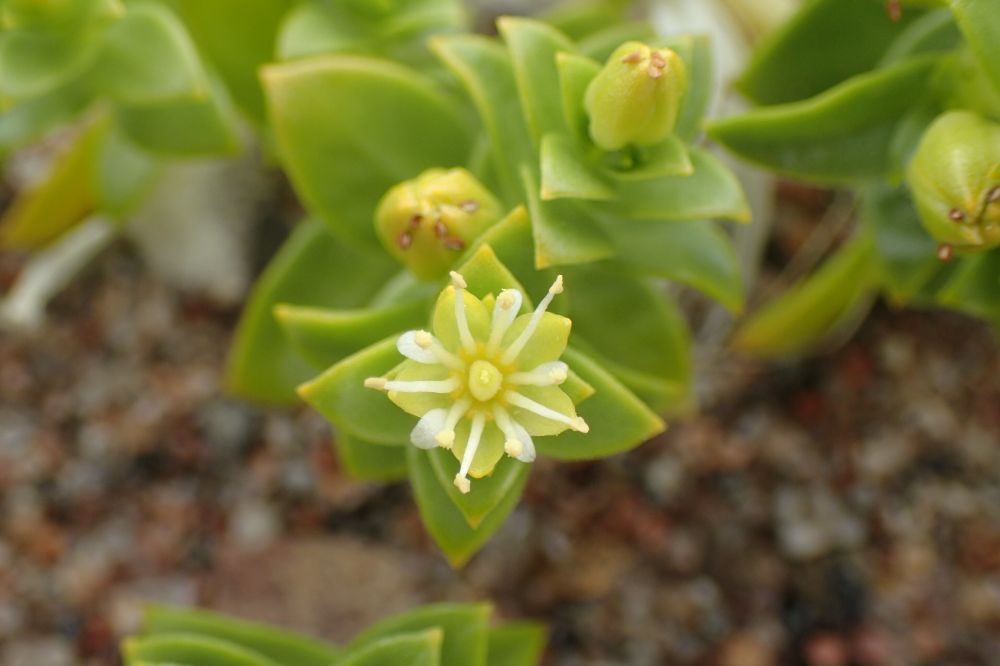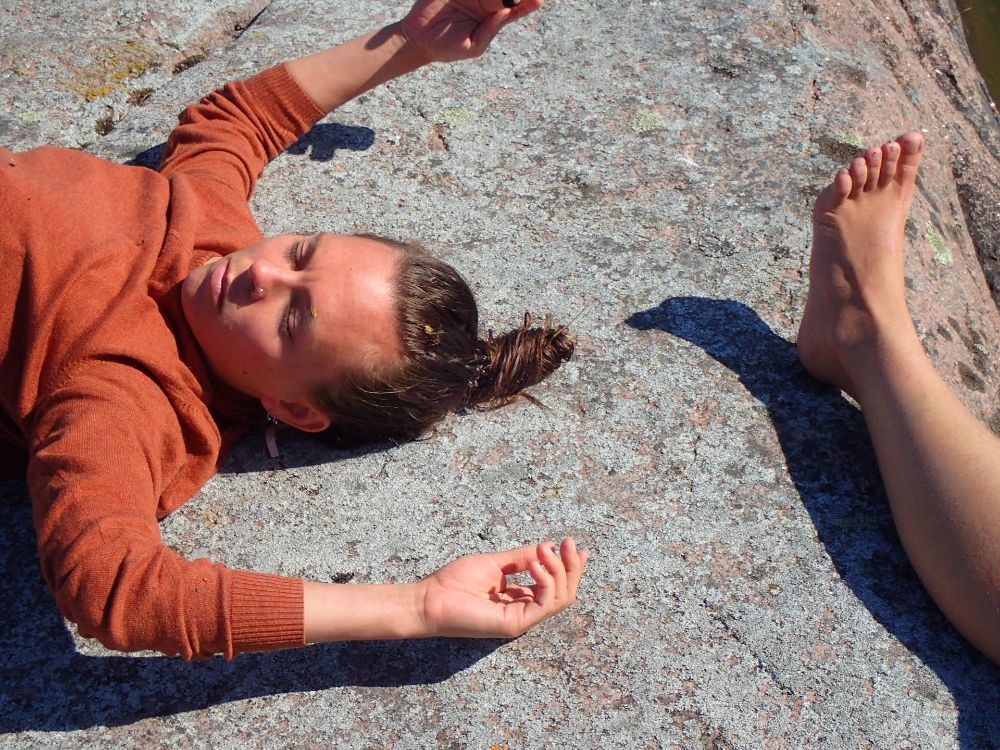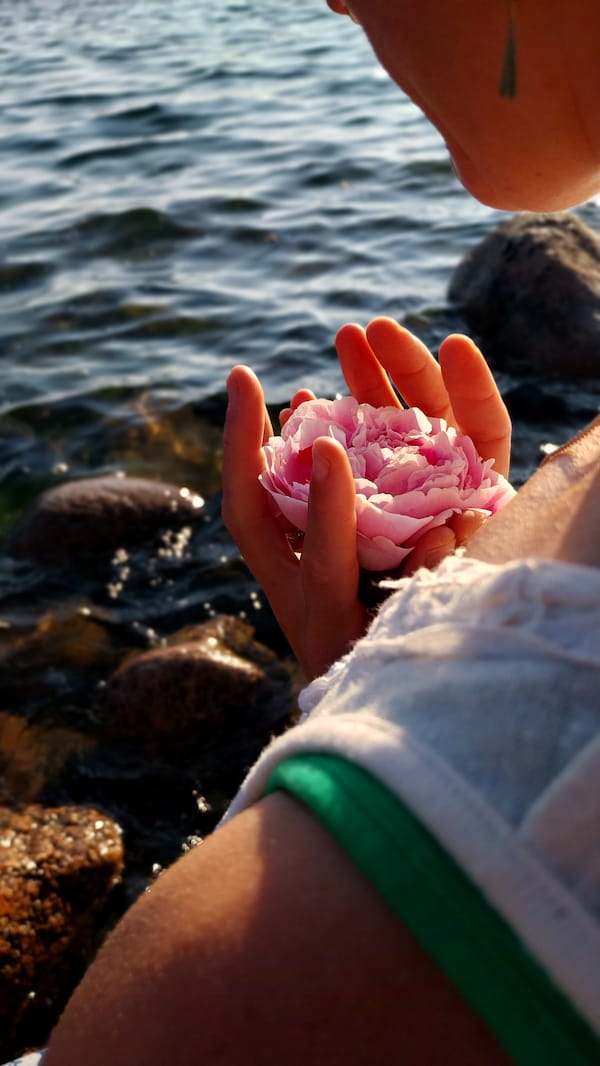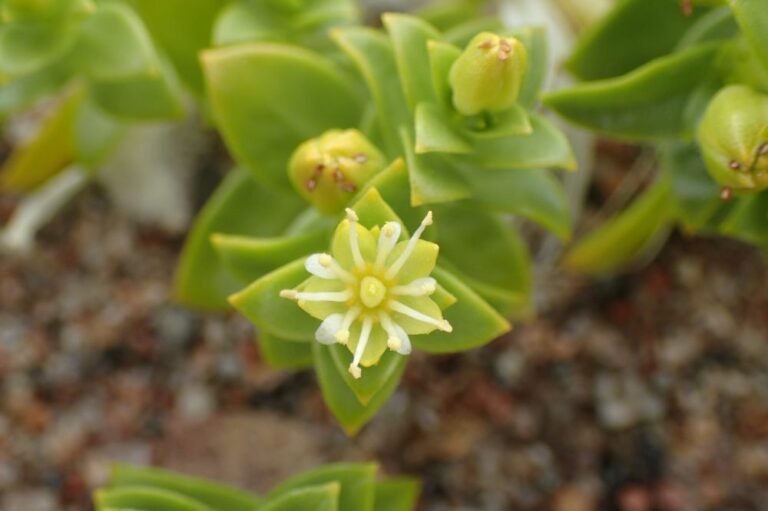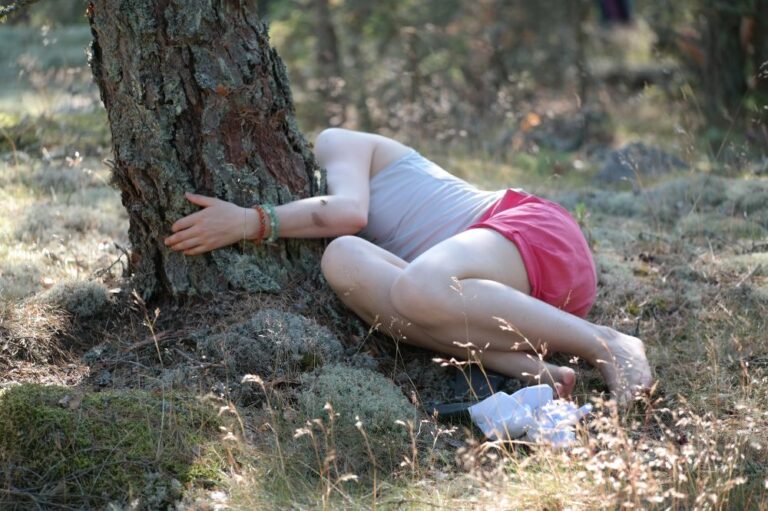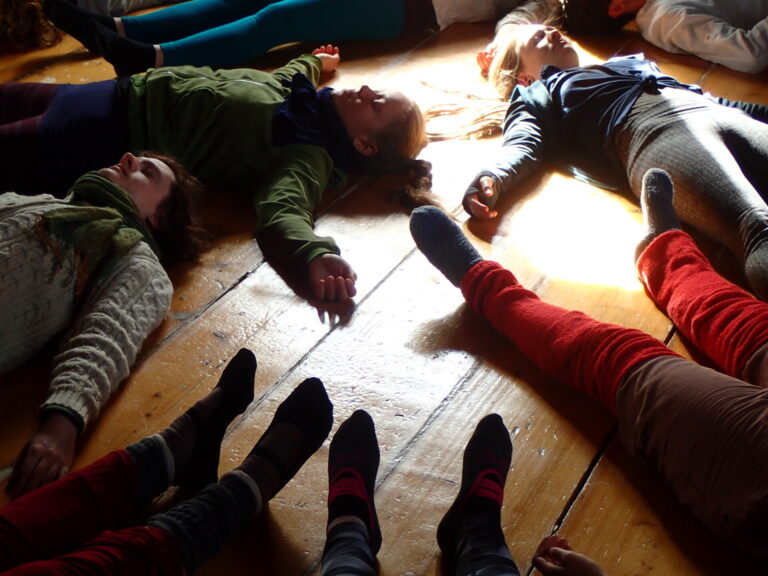“Without inner change there can be no other change”
/Civil rights activist Kyodo Williams
We live in a world with multi-layers of crises. Awareness of the world’s crises or an indirect or direct exposure to them causes anxiety and stress for many. In compassion for what we are facing mindfulness and somatic’s can offer resources to heal, to be with, and experience embodied strategies for dealing with the suffering of our time.
The time which we live in is formed by the capitalist mentality, binary and gendered hierarchy, hetero- and white-normativity. These structures are not only working from outside, but actively creating the world as we feel it from inside. The world we live in is embodied in us. How can embodiment be a healing force while integrating social conditions, structural inequities and systematic forces of oppression? How does body-awareness bring radical possibilities for healing and empowerment for collective change?
We claim that coming aware of these structures with an embodied approach there is a possibility for sustainable transformation in both individual and collective levels. Embodiment in this context means to bring ourselves to body-oriented practices that engage other parts of our experiencing than only the intellectual understanding can. We will feel, sense, connect with and through our bodies. From this embodied space we will digest and harvest our new discoveries. Through individual awakening to one’s own patterns, we may also create awareness and change in collective structures.
Structural trauma, like individual trauma, breaks down the feeling of safety, connection and dignity in the minds, bodies and spirits of individuals and communities. It creates collective survival strategies which become embodied in cultural norms and practices. (Heines, 2020; 80).
It’s natural and many times needed coping mechanisms to go numb with the overwhelming suffering of this world. What happens as we open up and find possible coping strategies to face and embrace this pain? We wish to create a space where we can honor the pain, both individually and collectively, connect to the beauty of compassion and care for yourself and the planet, embrace it and transform our survival mechanism to be aligned with what we deeply value.
Often there are no common, shared spaces to deal with the pain. We may have individual therapy and collective activism, and there lies a powerful force for deep(er) change when these two fields are united. There is a need to have a discussion about current phenomenons in an embodied and trustworthy way. Embodied practices give us a wider way to experience and release the huge and intense information by which we are daily surrounded by. Sharing together the pain of the world’s distress and structural harm may give a space for deep healing and empowerment. We aim for empowerment as well as action.This may inspire us to create change where individuals’ own wellbeing is in the shared center with collective transformation.
“What makes us act on our empathy in a constructive way? How do we work through our empathic overwhelm when we feel another’s pain as if it were our own? Is there any way to act other than reacting with denial and shutdown vs hopelessness and despair? These are questions that I am genuinely engaged and curious about in our time of multi-layered world crises. This, of course, also includes our personal lives and relationships, with the small and large struggles and sufferings we experience from just being human. We can be happy that there are many people who are also busy with these questions. Dr. Kristin Neff has been researching compassion for decades, and it’s found that feeling another’s pain (empathy) in it self activates stress and fear responses in the brain. While directing that pain to compassionate responses activates the brain’s reward center, giving us resilience and strength to cope. Most of us can feel the pain of others, but we don’t always know how to connect it to our compassionate responses. I hope we can provide a empowering space; were we can address the pain we all feel through practically applied and felt-sense practices of compassion, belonging and dignity. Caring about the suffering of others is something deeply meaningful and profound, not only for other people’s suffer but indeed for our own dignity. Lets keep on learning this. I really think this is crucial in our times! ” /ElinMaria Sydänvirta
This text was created together with Julia Silvero.

